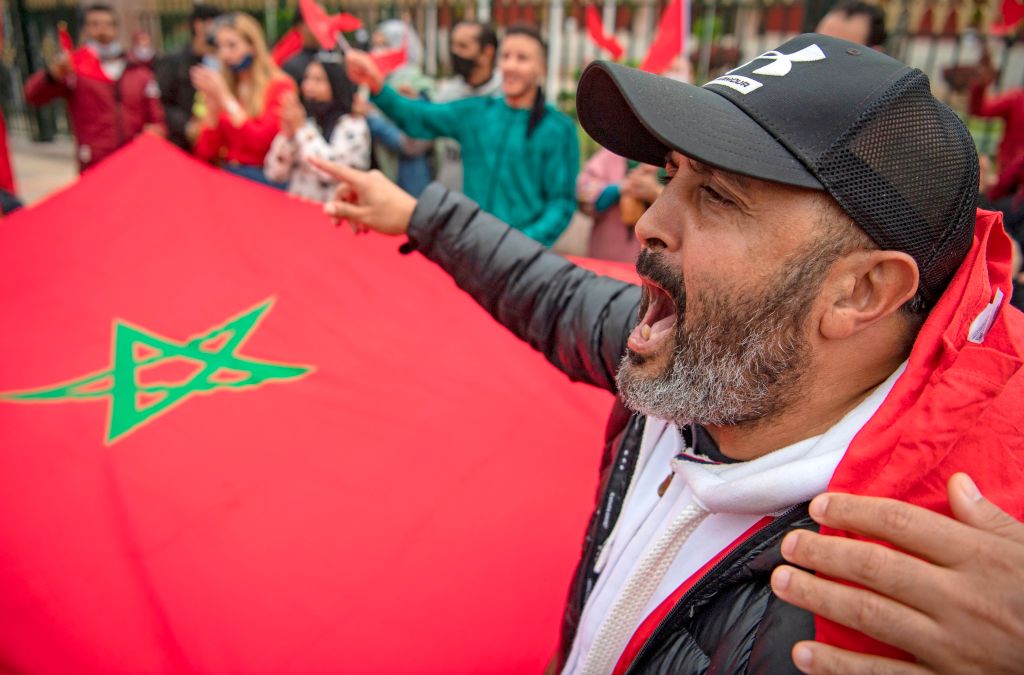Morocco is the latest Arab country to formalise a relationship with Israel that has been an open secret for decades. There were Moroccan and Israeli liaison offices in each other’s capitals until 2002 when Rabat decided to close them down in the midst of the second Palestinian intifada. However, contact continued even after their closure. Now, King Mohammed VI has decided to establish diplomatic relations with Israel in return for Washington’s recognition of Moroccan sovereignty over the disputed region of Western Sahara, which even the UN refuses to accept as Moroccan territory. In addition, reports suggest that the United States is negotiating the sale of at least four sophisticated large aerial drones to Morocco as a further reward for its public embrace of Israel.
The United Arab Emirates began this phase of formal reconciliation with the Jewish state. Emirati–Israeli relations had existed in multiple spheres, including security and technology, possibly for a couple of decades. Abu Dhabi agreed to go public ostensibly in exchange for Israeli Prime Minister Benjamin Netanyahu’s ‘suspension’ of his plan to annex parts of the West Bank granted to Israel by US President Donald Trump’s ‘peace plan’. This claim was immediately undermined by Netanyahu’s statement that the agreement didn’t nullify the Trump deal’s provision awarding Israel 30% of the occupied West Bank.
The real quid pro quo became apparent with the Trump administration’s approval of the sale (though it requires the agreement of Congress) of top-of-the-line F-35 aircraft to the UAE to bolster its military capacity and its prestige in the region.
Bahrain, where an authoritarian Sunni dynasty rules over a restive Shia majority, followed in the UAE’s footsteps. There were two major reasons for this move. The first was to buy insurance from both Israel and the US against its neighbour Iran, which is seen by the regime as the primary external supporter of Bahrain’s Shia majority agitating for democratic rights. In light of Washington’s increasing military disengagement from Middle East conflicts, the Gulf sheikhdoms have come to progressively perceive Israel as their ‘protector’ against Iran.
Read the article by Mohammed Ayoob in The Strategist.

